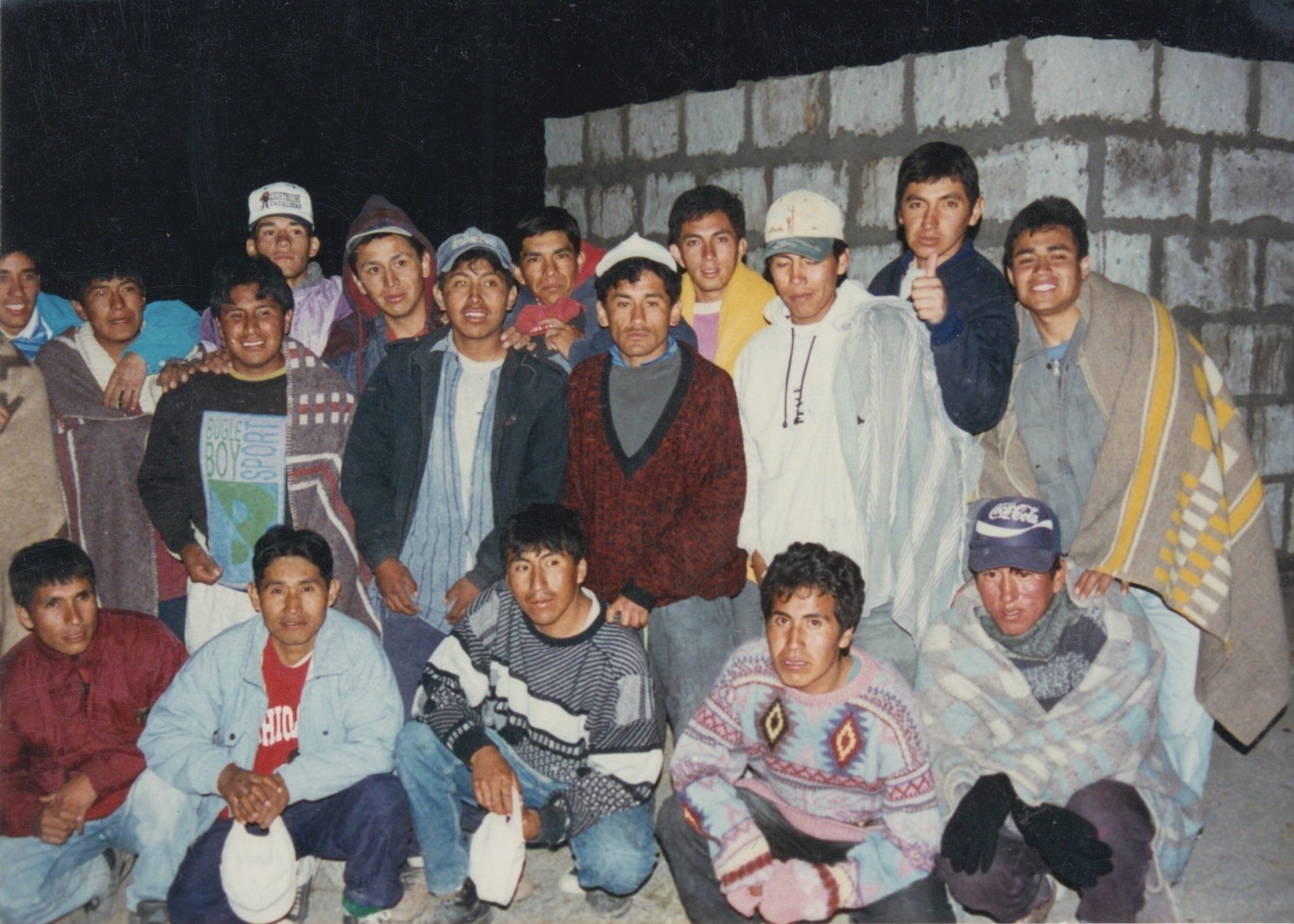Getting Them Involved
The principle of getting people involved is what matters

I love Robert Coleman's book "The Great Commission Lifestyle: Conforming Your Life to Kingdom Priorities" and challenge you to read it. I believe with all my heart that the excerpt that follows can change your life and ministry. It is the secret. Do what Jesus did. Get some young people around you. Spend multiplied hours with them every week. Slowly involve them in all the ministry you do. It will make all the difference in the world.
As they were able to assume responsibility, He got them involved in activities suited to their gifts.
First duties were small, unassuming tasks, like providing for the food and shelter of the group. Since Jesus was unmarried and had no house of His own, it was natural for Him to accept graciously their hospitality (Matt. 8:20; Mark 1:29; Luke 8:3). What a beautiful way to help some people get involved where they could help! As far as I can find, our Lord never turned down an invitation to dinner. I was glad when I discovered that!
After a while He began to have the disciples assist Him in ministry. They were employed, for example, in baptizing persons who responded to His preaching (John 4:2).13 In another setting,
He has them distributing food to hungry people who came to hear Him (Mark 6:30–44; 8:1–9; Matt. 14:13–21; 15:29–38; Luke 9:10–17; John 6:1–13).
The work assignments increased with their developing self-confidence and competence. Before long they were sent out to do much the same kind of work that Jesus was doing with them—healing, teaching, and preaching the gospel (Matt. 10:1–10; Mark 6:6–13; Luke 9:1–3; cf. 10:1–16).
Lest they forget the priority of training leadership, however, He stipulated that above the public ministry they were to search out “worthy” persons to spend time with, wherever they went (Matt. 10:11–15; Mark 6:10, 11; Luke 9:4, 5).14 In effect, the disciples were told to concentrate upon the most promising people, who would be able to follow up their ministry after they were gone.
13 It does not take a lot of theological training to know how to baptize somebody, which may explain why the disciples were employed in this ritual, even before they were officially ordained to preach. I must add, however, the particular way that Jesus utilized disciples in His work need not be interpreted as a rule for all to follow today. The principle of getting people involved is what matters, and the circumstances will determine how it can be applied.
14 This “worthy” person was someone willing to receive the peace associated with God’s salvation. This person is not yet a disciple, but the Spirit of God has planted in the heart a receptivity to the gospel, a desire to learn more of Christ. As the two disciples stay in this house, mingling with those present, opportunity is given to win other members of the household and so to form the nucleus for a new fellowship of believers. So crucial was this plan to the disciples’ ministry that if they could not find a “worthy” house, they were to shake the dust off their feet and go to another village: “ ‘It will be more bearable for Sodom and Gomorrah on the day of judgment than for that town’ ” (Matt. 10:15). In retrospect, there is nothing new in this instruction. Jesus is simply enunciating what He had already demonstrated in His own strategy of concentrating upon persons who will someday become laborers in the harvest.
For a helpful discussion of this passage, see I. Howard Marshall, Commentary on Luke (Grand Rapids, Mich.: W. B. Eerdmans, 1978), 419, 420.
Robert E. Coleman, The Great Commission Lifestyle: Conforming Your Life to Kingdom Priorities (Grand Rapids, MI: Fleming H. Revell; Baker Book House, 1992), 60–62.











